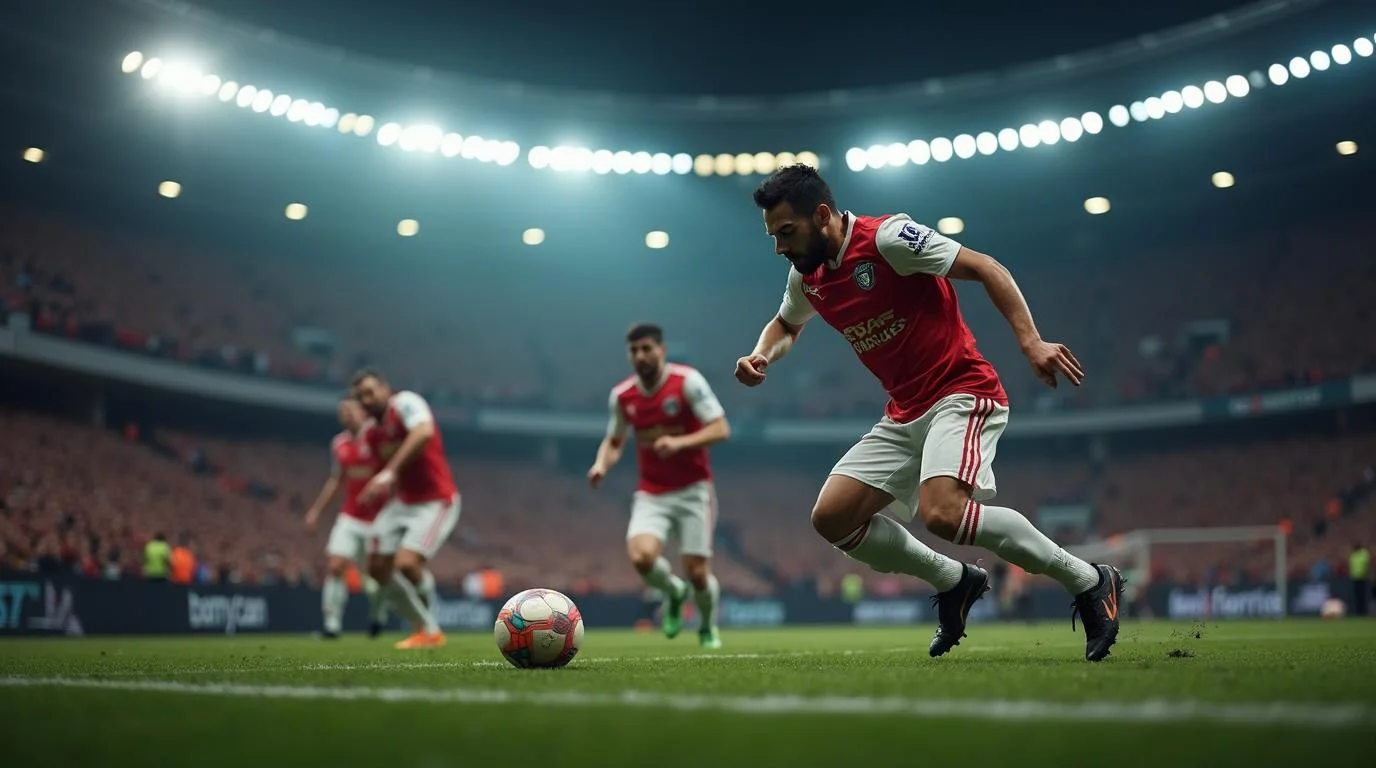Tropicana Implosion Event Happening in October - Get Ready to Celebrate, Says Ballys Corp

1.0
Default
The Tropicana has been a landmark in the landscape of Las Vegas since the 1950s - and in a significant moment, it is scheduled to be imploded on October 9. But contrary to the norm, where Vegas buildings are imploded away from the public eye to make way for new structures, its existing owners, Ballys Corp, have decided to throw a party - complete with fireworks and drones.
Las Vegas is preparing to bid farewell to one of its last remaining relics from the Mafia-Rat Pack years. The Tropicana, an iconic symbol of the city's glitzy past, is slated for implosion in the early hours of October 9, according to its present owners. The demolition will mark the end of an era as the once-grand casino's remnants, including the gutted 22-story towers, will be reduced to rubble.
The Tropicana, which first opened its doors on the 4th of April, 1957, officially closed on the 2nd of April, 2024, after nearly seven decades of operation. The casino, steeped in history and synonymous with the glamour and allure of 1950s Las Vegas, is set to be replaced by a modern development project. The demolition is expected to pave the way for a new baseball stadium, which will serve as the future home of the Oakland Athletics.
A farewell filled with nostalgia
In a city where the past often gives way to the future with little fanfare, the news of the Tropicana's impending demolition has sparked a wave of nostalgia among longtime residents and Las Vegas devotees. Until today, many believed that Bally's Corporation, the current owner of the property, would keep the demolition date under wraps to prevent large crowds from gathering to witness the event. However, local media outlets simultaneously broke the news, revealing that Bally's has instead chosen to turn the occasion into a public celebration.
On the evening of the 8th of October, Bally's will host a commemorative event featuring a fireworks and drone show. The event, designed to honor the Tropicana's legacy, will culminate in the much-anticipated implosion at 2:30 am on October 9. The demolition itself will be conducted by Controlled Demolition Inc., a Phoenix, Maryland-based company renowned for bringing down several other iconic Vegas landmarks, including the Dunes, the Sands, the Stardust, and the Riviera.
The road ahead: new developments and skepticism
Bally's has stated that the demolition is necessary to make way for a new baseball stadium that will occupy nine of the Tropicana's 35-acre site. The stadium, which is expected to cost $1.5 billion and take three years to complete, will be part of a broader redevelopment plan that also includes a new casino resort on the remaining acreage. But until the stadium is ready, the Oakland Athletics are expected to spend three years playing in Sacramento.
However, not everyone in Las Vegas is convinced that the ambitious project will come to fruition. Skepticism is heavy among industry insiders who have expressed doubts about the feasibility of the proposed developments. Take note that before any construction can begin, Bally's and the Athletics must secure approvals from both the Las Vegas Stadium Authority and Clark County for three critical agreements related to development, leasing, and non-relocation. While a fourth agreement concerning community benefits has already been approved, the remaining approvals are still pending, and the deadline is fast approaching.
The end of an era
Meanwhile, as the city prepares for the Tropicana's final bow, many are reflecting on the casino's storied past. The Tropicana was more than just a casino - it was a symbol of an era when Las Vegas was a playground for the rich and famous, a place where the Rat Pack ruled and the Mafia had a firm grip on the city's operations. The impending demolition of the Tropicana is a poignant reminder that Las Vegas is a city that constantly reinvents itself, often at the expense of its own history.
The October 9 implosion will mark the end of one chapter in Las Vegas history and the beginning of another. While the Tropicana may soon be gone, its legacy will live on in the memories of those who remember the golden age of Las Vegas and the glamorous, albeit sometimes gritty, world that the Tropicana represented.



















